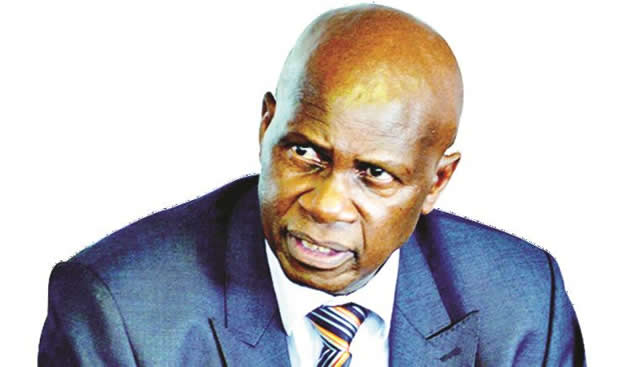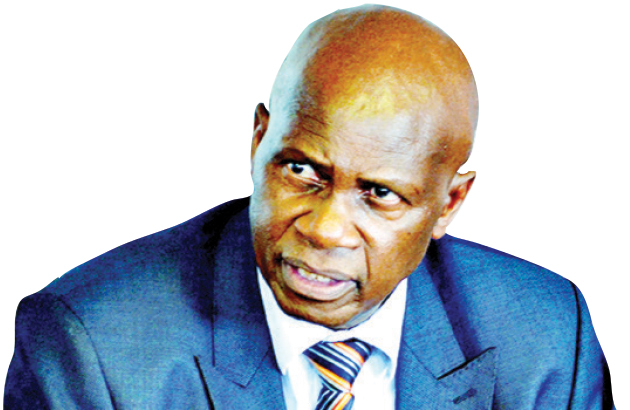RBZ pays $120m in export incentives

Oliver Kazunga, Senior Business Reporter
THE Reserve Bank of Zimbabwe (RBZ) has so far paid out about $120 million to local exporters under the bond note export incentive scheme introduced towards the end of last year.
The payments also include incentives on Diaspora remittances.
In March 2016, the central bank introduced the performance-related export bonus scheme of up to five percent to enhance productivity and promote exports with the overall aim of lubricating the economy.
Speaking by telephone yesterday, RBZ Governor Dr John Mangudya said since the introduction of the scheme, the payouts had largely been made to exporters in tobacco and gold sectors.
He said this was because tobacco and gold were the country’s major exports.
“We have paid out $120 million as export incentives to our exporters since the beginning of the scheme in March last year. The export incentive has largely been paid to tobacco and gold exporters because tobacco and gold are the major exports for Zimbabwe,” Dr Mangudya said.
As the monetary authority, he said, the central bank was impressed with the export incentive scheme as it was serving the intended goal of stimulating production as well as improving exports.
The RBZ boss also expressed satisfaction with the quality of tobacco farmers were delivering to the auction floors.
“We are also happy with the quality of tobacco the farmers have produced and through the export incentive scheme that will encourage them to produce more.
“We want Zimbabwe to be a productive country and this is also why the producer price of maize is pegged at $390 per tonne, which is above the import parity price of $300 per tonne,” he said.
Since 2009, Zimbabwe has become a net importer of various goods resulting in a negative trade balance as the country’s export volumes have remained depressed due to a number of factors facing the economy.
The RBZ boss said the monetary authority introduced the export incentive scheme as part of the country’s re-industrialisation and economic growth strategy.
Dr Mangudya said despite the improvements so far made in the export sector, foreign currency reserves were still in short supply because the money was also being used for domestic transactions.
Under a normal situation, foreign currency should be used to make foreign payments for importation of critical raw materials that cannot be sourced locally by manufacturing companies.
Zimbabwe adopted a multicurrency system in February 2009 to tame inflation that had reached unprecedented levels.
– @okazunga.












Comments